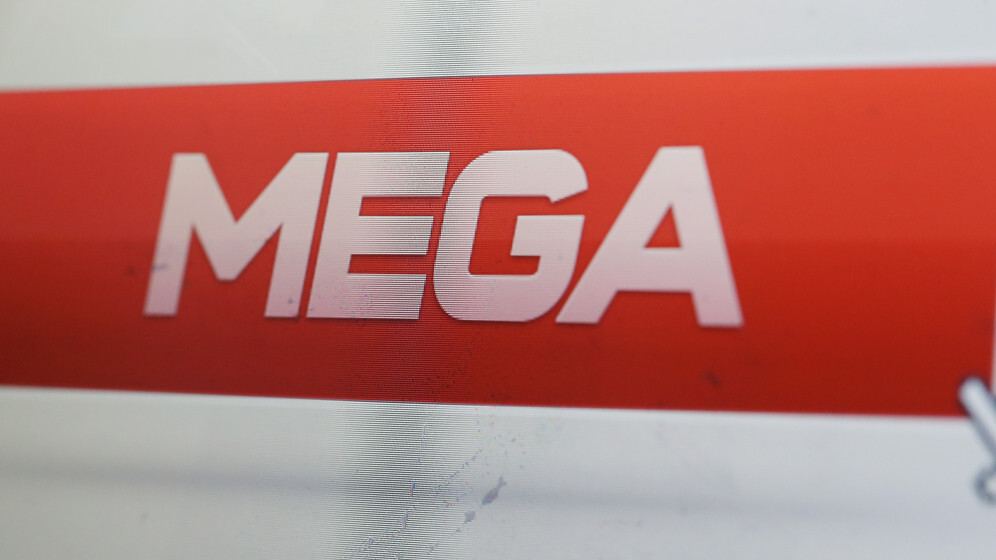
Mega, the newly launched file storage service, has explained why it decided to block a third-party search engine from accessing publicly available files shared by its users.
Writing on its blog, the company explained that the website was revoked access to Mega not only because it had used its branding without permission, but because it didn’t have a Digital Millenium Copyright Act (DMCA) takedown policy or registered DMCA agent:
“It has come to MEGA’s attention that there are micro search engines that use our (M) logo and other MEGA branding without authorization. Worse, such site(s) were reported in a highly publicized manner and purport to be globally available search engines, but don’t have their own DMCA takedown policy or registered DMCA agent.”
The third-party search engine in question was called Mega-Search.me. It was all but taken down yesterday when the team behind Mega stopped the website from indexing files via a script.
Mega-Search wasn’t doing all of the hard work though. Due to Mega’s privacy setup, users needed to post links to their files on the website, along with a decryption key in the URL. Clicking on the link took you directly to Mega, where users could then download the file either to their computer or Mega account.
Although many of the files being posted were for pirated content, such as games, music, movies and software, Torrent Freak jumped in later on and claimed that “perfectly legal files” were being locked in some users’ Mega account for alleged copyright violations. “In all cases this happened after these users published links to the files elsewhere on the Internet,” a post on Torrent Freak’s website read.
DMCA, or the Digital Millenium Copyright Act, is a piece of copyright law introduced in the United States that criminalizes the production and distribution of any services or technology that bypasses DRM for copyrighted content.
Mega has admitted that in line with the law, it is “not required to police its users” and that copyright owners themselves should be responsible for handling any activity that infringes the DMCA. “Service providers are under no such duty,” it adds.
In today’s blog post the company apologized to any users that have had authorized files taken down by mistake. However, the company doesn’t seem to be taking any action to reverse or solve the issue:
“We apologize to the very small number of users who, due to MEGA’s cautious legal practices, had some of their authorized files mistakenly taken down. We do believe that by ignoring our advice and making encryption keys public, especially through sites that do not even implement a proper notice-and-takedown protocol, you were not entirely unprepared for negative repercussions.”
Mega has essentially stood by its decision, declaring that by going against the firm’s advice, user’s were putting their data and user privacy in jeopardy.
So while the company has at least given a justification as to why they took action against Mega-Search, there’s no real solution or workaround for users that have been affected.
Image Credit: THOMAS SAMSON/AFP/Getty Images
Get the TNW newsletter
Get the most important tech news in your inbox each week.




